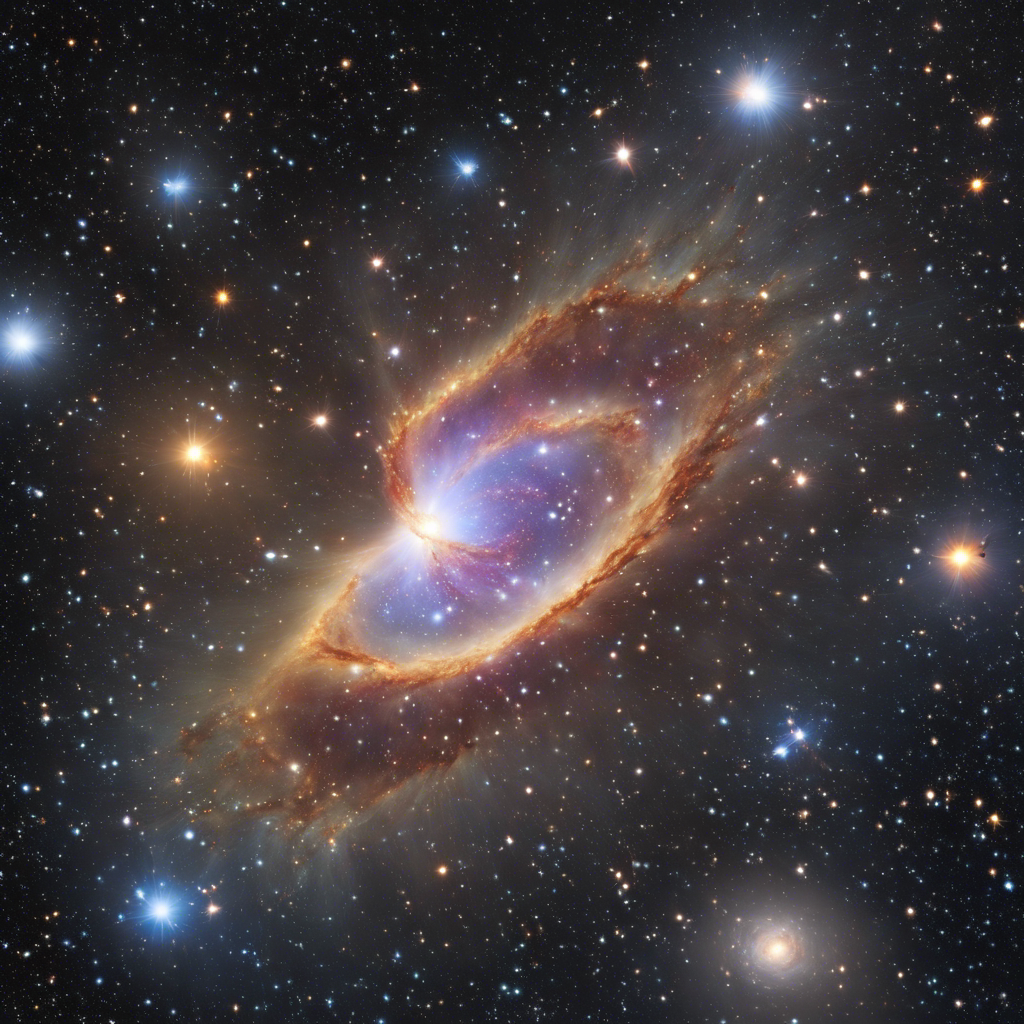Bullying scandal leads to the disbandment of a historic Swedish astronomy department, leaving astronomers and physicists in disarray.
In a shocking turn of events, Lund University in Sweden has dissolved its astronomy department following a long-standing bullying scandal involving two senior professors. The decision to disband the department has left astronomers and physicists in turmoil, with significant disruptions to their careers and research. This article delves into the details of the scandal, the university’s response, and the impact on the scientific community.
Escalating Complaints and Turmoil
For over a decade, complaints against two senior astronomy professors, Sofia Feltzing and Melvyn Davies, plagued Lund Observatory. These complaints, which dated back to at least 2008, highlighted a toxic work environment characterized by harassment and bullying. The situation reached a breaking point in 2020 when an employee survey revealed that 70% of respondents at the observatory had witnessed such behavior.
The university’s response to the escalating complaints was criticized for its slow and ineffective action. The prolonged period of inaction created an untenable environment for astronomers, leading to the departure of several prominent scientists. The delays in addressing the issue severely impacted the ability to conduct scientific research at Lund University.
The Decision to Disband the Department
After years of failed attempts to resolve the issues within the existing organization, Sven Lidin, the dean of science at Lund University, made the difficult decision to dissolve the astronomy department. The department was subsumed as a division of the physics department, leaving many astronomers and theoretical physicists displaced.
The reorganization also disrupted the theoretical physics group at Lund, further exacerbating the fallout from the scandal. The decision to disband the department was met with mixed reactions, with some acknowledging the necessity of the move, while others lamented the destruction of a long-standing culture.
The Impact on Careers and Research
The dissolution of the astronomy department had a profound impact on the careers and research of its members. Senior academics and graduate students appealed to the university for action, highlighting the detrimental effects of the bullying scandal on their work. The distractions caused by the workplace issues left less time and attention for mentoring and collaboration, hindering the development of young researchers.
The university’s lack of sufficient resources to support students navigating the situation further compounded the difficulties faced by those affected. Many astronomers, disillusioned by the drawn-out reorganization process, opted to leave Lund Observatory and even consider leaving academia altogether. The toll on individuals and the overall scientific community is significant, and rebuilding trust and productivity will take time.
Lessons for Academia and the Fight Against Bullying
The case at Lund University sheds light on the prevalence of bullying and harassment within academic institutions. The prolonged nature of the bullying situation further emphasizes the need for effective and timely responses from universities. Recent research on the prevalence of harassment in Swedish academia underscores the urgency for institutions to develop comprehensive strategies to address these issues.
The dissolution of the astronomy department at Lund University serves as a cautionary tale for other institutions. The impact on careers, research, and the overall scientific community highlights the importance of swift and decisive action in combating bullying and fostering a supportive work environment.
Conclusion:
The dissolution of Lund University’s astronomy department in the wake of a bullying scandal has sent shockwaves through the scientific community. The university’s slow response and subsequent reorganization have disrupted careers, research, and the overall culture within the department. The case serves as a stark reminder of the urgent need for institutions to address bullying and harassment promptly and effectively. Moving forward, it is crucial for academia to prioritize the well-being and professional development of its members to create a more inclusive and supportive environment for scientific advancement.











